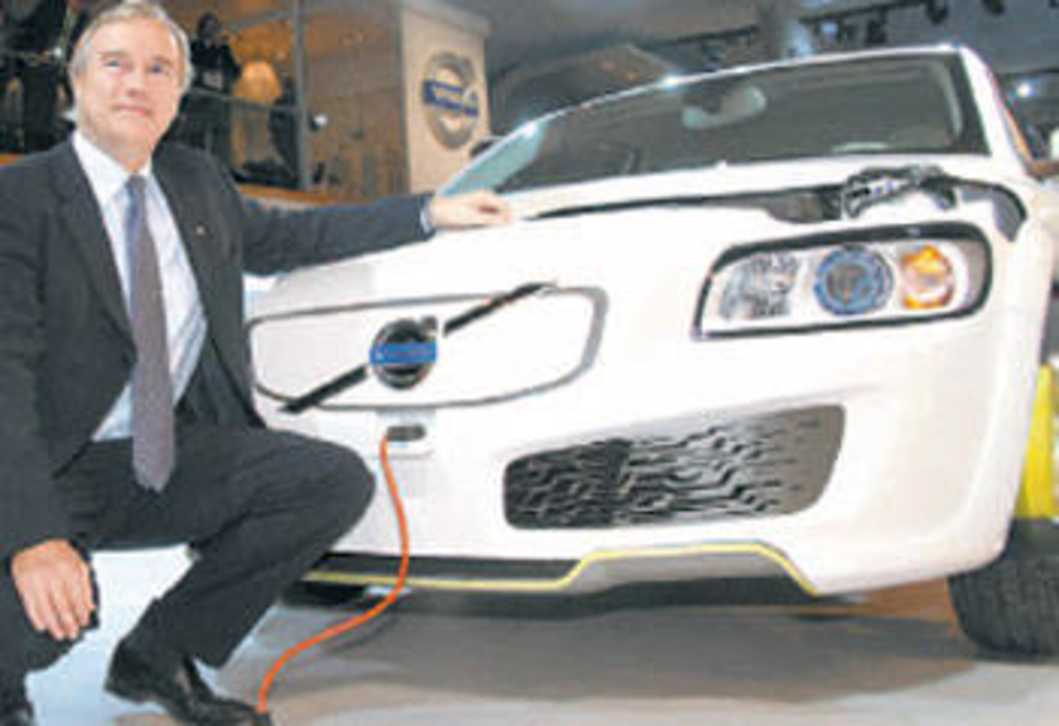No one in its Gothenburg centre in Sweden will talk about future product, although there is an underlying trend to shrink technology.
Volvo's strategic design chief Jose Diaz de la Vega thinks a small car — smaller than the current C30 hatchback — would fit neatly into the company's mould.
But he warns it could be a long way off — not because of design and engineering progress, but simply because of the Scandinavian caution about change.
“We take a long time, we enter vehicle segments later than many car companies,” he said.
“Volvo is a cultural brand. There is a movement towards smaller, more efficient motor cars and away from bigger SUVs. So I hope we can look at a smaller car. Like the Fiesta.”
Volvo's holistic approach to the car has encompassed safety and environmental concerns for decades.
Prepared to put its money where its mouth is, Volvo has committed $1.8 billion between 2006 and 2011 for research and development linked to environmental issues.
The biggest step in this framework becomes tangible within five years with the launch of Volvo's first hybrid. No details are being released, although the hybrid unit is being developed in Sweden at Volvo's specialist Hybrid Centre using technology shared with its parent company, Ford.
The hybrid — expected to be seen first in the XC60 body — aims to reduce Volvo's CO2 emission footprint and will join its other low-emission models for sale in Europe.
It is part of Volvo's commitment to reduce emissions and to meet the stringent 120g/km of CO2 level being legislated for 2011 by the European Union. The CO2 level is an average across a carmaker's range and affects all manufacturers.
Volvo said it was looking across the hybrid spectrum, including the simple 'micro-hybrid' technology, which is a starter motor/generator combination that works as a stop-go system. This turns off the petrol engine when the car is stationary — such as in heavy traffic or at lights — and automatically restarts when the accelerator pedal is depressed. Stop-go reduces fuel and C02 emissions by up to 10 per cent.
Volvo will also expand its alternative fuel range, predominantly for the markets in Sweden, France and Brazil.
There are three Flexifuel engines that run on varying percentages of ethanol and are available in five models — C30, S40, V50, V70 and S80. The engines range from a 1.8-litre four-cylinder to a 2.5-litre turbocharged version. Extra-low CO2 emission models under development include the C30 Efficiency with a C02 level of less than the proposed EU figure of 120g/km. This car will go on sale next year in Europe.
Volvo is also close to delivering a twin-clutch automated gearbox that will offer greater engine economy.
This transmission is similar to the Volkswagen DSG system.
Would you be interested in a smaller Volvo car?



.jpg)







.jpg)



.jpg)




.jpg)
.jpg)






.jpg)


Comments